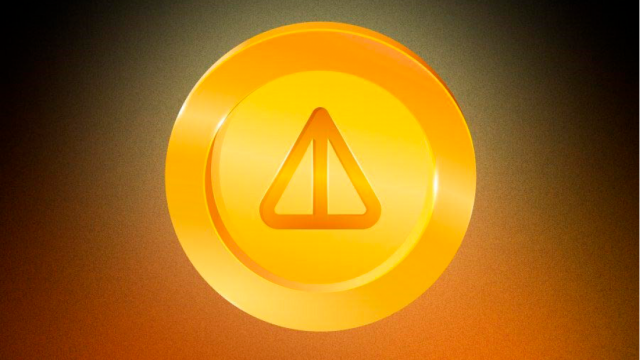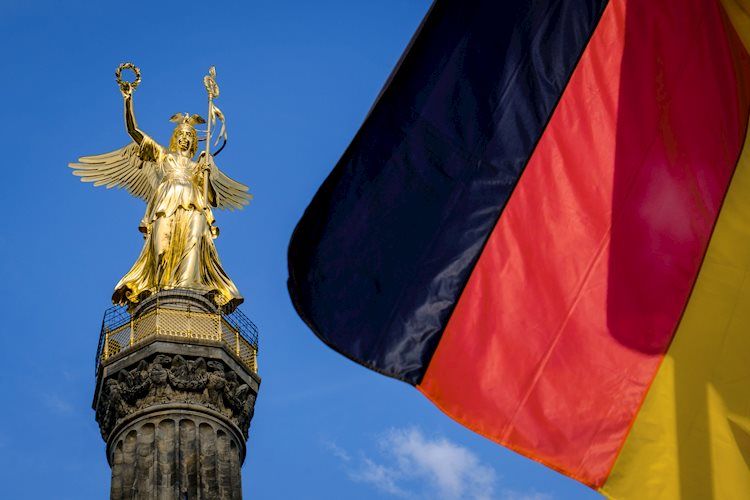Due to lack of stock, the Ministry of Health has been delaying the shipment of insecticides against aedes aegypti mosquito that transmits dengue, Zika and chikungunya.
The product is used in space nebulization – popularly known as smoke . There is a shortage of the input and delay in transferring it to states since last year and the increase in cases in various parts of the country is a cause for concern.
The secretary of Health and Environment Surveillance at the ministry, Ethel Maciel, said that the current management took over “without any stock”. “We have already redone the contracts, but, as they are international purchases, which arrive by ship, the delivery forecast takes a long time. One of the (items) we needed was approved by Anvisa (National Health Surveillance Agency) at the end of February”.
According to her, the situation in four states, where climatic conditions are more favorable for mosquito reproduction, is of greater concern: Espírito Santo, Minas, Tocantins and Santa Catarina.
By the end of February, according to the ministry, Brazil had a 46% increase in dengue cases and 142% in chikungunya infections compared to the same period last year. In a technical note from the General Coordination for the Surveillance of Arboviruses on March 3, the ministry informed municipalities and states that the acquisition process for one of the smokers, Cielo-UVL (Praletin+Imidacloprida), was in the final contracting phase, with expectation of receiving the input in the next 45 days.
Complaint
The delay in schedules, faced since 2022, is a reflection of the global difficulty in acquiring the product. The note also explains that, given the setbacks, it was decided to include a new adulticide for use in UBV (equipment that nebulizes the insecticide), the Fludora Co-Max (Flupiradifurone + Transfluthrin), to avoid dependence on a single supplier.
According to the note, “if the exception is approved by Anvisa, as it is an international acquisition, the product will not be available for distribution in the next 60 days”. According to the National Council of Health Secretaries (Conass), there were problems in the purchasing process last year. “The current management had to restart purchases, which is leading to the delay in receiving Cielo.”
“Another adulticide was in the process of being purchased, but was awaiting a release from Anvisa, which only came out recently, so that it could complete the purchase and start the import process”, added the body of secretaries. Still according to the council, the States will need to be trained to use the new product, Fludora.
Conass says that the acquisition is the ministry’s responsibility, as there is no national production and the purchase process “is generally long”. The report contacted Marcelo Queiroga, former Minister of Health, for comment on the matter, but did not receive a response.
Awareness
The concern now starts even in other countries. For now, Paraná does not register more cases than usual, but according to César Neves, state secretary of Health, Paraguay already has more than 20 thousand confirmed cases and more than 20 deaths. “That made us take the measure, about a month ago, of blocking the triple border region”, and three weeks ago the State asked the ministry for chikungunya diagnosis kits, in addition to receiving liters of Cielo adulticide.
The use of the Cielo insecticide is only recommended in emergency situations, such as outbreaks and epidemics, as it only targets adult mosquitoes, says a technical note from the Ministry’s General Coordination of Arbovirus Surveillance, dated 2020.
According to Neves, although the fogging strategy is important, it only solves “30% of the problem”. The rest, she says, are awareness measures. “The main thing, in epidemiological terms, is to kill it (the mosquito) in the larval state”. For this, it is necessary to avoid leaving stagnant water, in vases and cisterns without cover, for example.
SP buys product on its own
Faced with the national shortage, São Paulo mobilizes to buy, on its own, inputs to deal with the escalation of cases. In the Official Gazette of the day before yesterday, an order from the Health Department authorized the purchase, on an emergency basis, of the Cielo adulticide insecticide, in sufficient quantity for “prompt supply” of the entire state, for R$ 3.528 million.
According to the dispatch, there is a “significant increase” in dengue and chikungunya in the state, a situation “similar to the same period in 2022, in which the state of São Paulo was classified as high risk, based on the evaluation of the priority matrix, built with indicators of the Control Diagram for Dengue, severe cases and deaths confirmed and/or under investigation”.
According to the secretariat, so far 35,600 cases of dengue and 25 deaths have been reported throughout the state, which represents a 13% reduction in infections compared to the same period last year.
The Secretary of State for Health says it has not received delivery from the ministry since December and, therefore, has opened a process to purchase 15,000 liters. The shipment, he says, is to meet demand in March, April and May, the phase with the highest incidence of mosquito-related diseases.
The city hall also imported, at its own expense, 15,000 liters from Cielo. Direct purchase, without a federal intermediary, began to be studied in August. In all, 10,000 liters have already arrived and allowed the nebulization policy to not be discontinued.
The information is from the newspaper O Estado de S. Paulo.
Source: CNN Brasil
I am an experienced journalist and writer with a career in the news industry. My focus is on covering Top News stories for World Stock Market, where I provide comprehensive analysis and commentary on markets around the world. I have expertise in writing both long-form articles and shorter pieces that deliver timely, relevant updates to readers.






